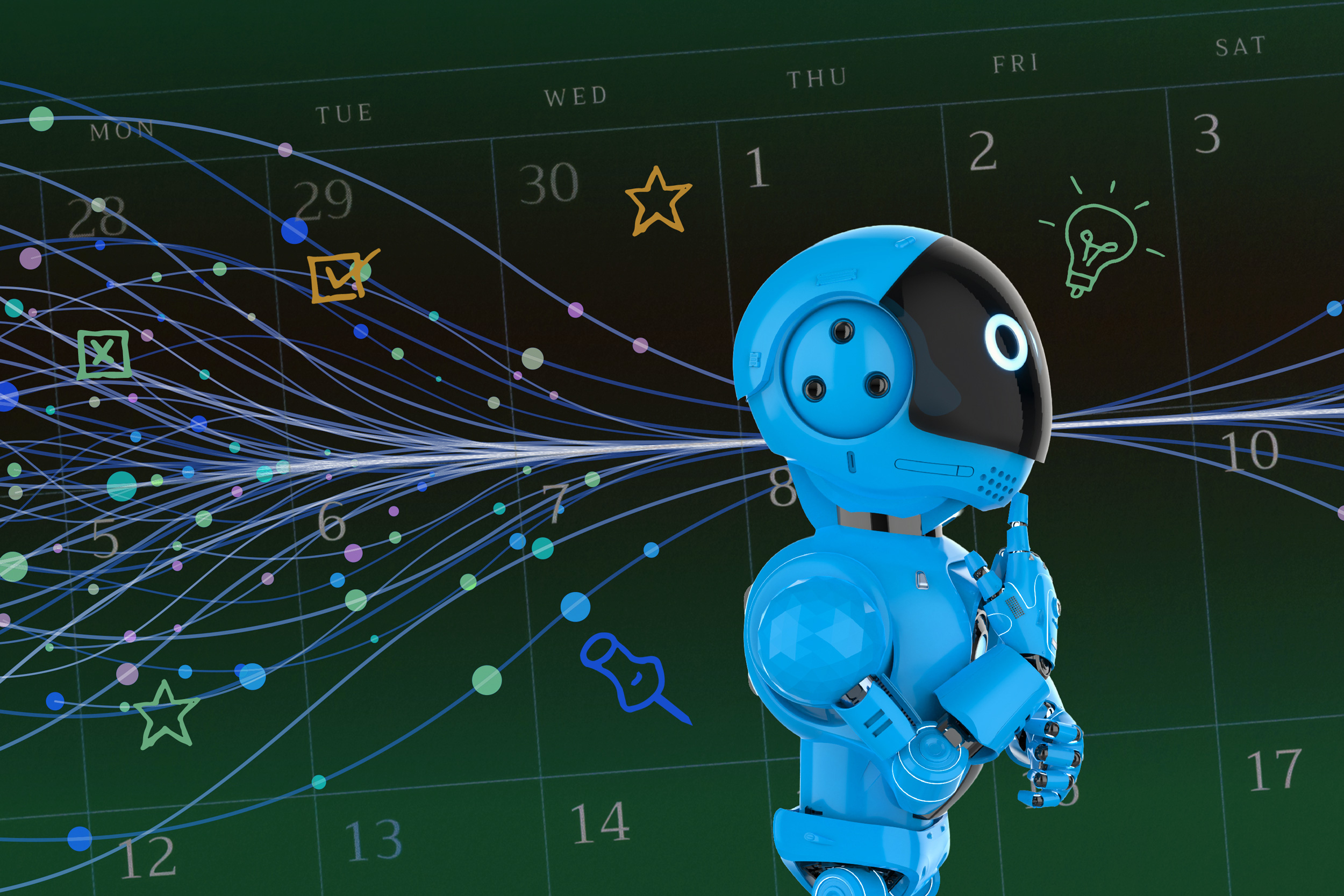Top Stories
MIT Researchers Unveil Groundbreaking Self-Learning AI Model

BREAKING: MIT researchers have just announced a revolutionary approach that enables large language models (LLMs) to permanently absorb new knowledge, similar to how human students learn. This breakthrough could redefine the capabilities of AI in dynamic environments, making it more adaptable and efficient.
In a significant leap for artificial intelligence, the new framework, dubbed SEAL (Self-Adapting LLMs), allows these models to generate self-edits and learn from user interactions. Unlike traditional LLMs, which cannot retain information from one conversation to the next, SEAL enables models to create their own “study sheets” based on input, internalizing key data for future use.
Researchers at MIT, including graduate student Jyothish Pari and co-lead author Adam Zweiger, revealed that this method improved the accuracy of LLMs by nearly 15 percent on question-answering tasks. In some skill-learning scenarios, the success rate rose by more than 50 percent. This immediate impact could transform how AI interacts with users, allowing for a more personalized and effective experience.
As the demand for smart AI systems continues to surge, the implications of this research are profound. Current LLMs have static “brains” that cannot adapt post-deployment, limiting their effectiveness in rapidly changing environments. The SEAL framework not only addresses this limitation but also positions AI to learn continuously, enhancing its ability to perform complex tasks.
The SEAL framework leverages the powerful in-context learning capabilities of LLMs, generating synthetic data from user inputs. The model then applies trial-and-error methods to determine the most effective way to update its internal knowledge. This self-directed learning mimics human study habits, offering a glimpse into a future where AI can evolve and improve autonomously.
The breakthrough will be showcased at the Conference on Neural Information Processing Systems, drawing attention from the global AI community.
“Just like humans, complex AI systems can’t remain static for their entire lifetimes,”
said Pari. He emphasized the necessity of creating models that can continuously adapt and improve.
Despite these promising advancements, researchers acknowledge challenges ahead. One significant hurdle is a phenomenon known as catastrophic forgetting, where adapting to new information can lead to a decline in performance on earlier tasks. The team is committed to addressing this issue in future research, aiming to refine the SEAL framework for broader applications.
In an exciting development, researchers also plan to explore multi-agent settings where several LLMs can train one another, potentially accelerating the learning process and improving outcomes. This collaborative approach could lead to breakthroughs in fields requiring scientific research, where the ability to learn from new data is crucial.
The implications for industries relying on AI technology are immense. As these self-adapting models become more functional and versatile, they could enhance productivity across various sectors, from healthcare to finance. The ongoing support from the U.S. Army Research Office, U.S. Air Force AI Accelerator, and the MIT-IBM Watson AI Lab underscores the importance of this research in advancing AI capabilities.
Stay tuned for further updates as this story develops. The potential of self-learning AI is just beginning to unfold, and its impact could be felt across the globe. Sharing this news could spark conversations about the future of technology and its role in our lives.
-

 Science4 weeks ago
Science4 weeks agoIROS 2025 to Showcase Cutting-Edge Robotics Innovations in China
-

 Lifestyle4 weeks ago
Lifestyle4 weeks agoStone Island’s Logo Worn by Extremists Sparks Brand Dilemma
-

 World4 weeks ago
World4 weeks agoBravo Company Veterans Honored with Bronze Medals After 56 Years
-

 Politics4 weeks ago
Politics4 weeks agoJudge Considers Dismissal of Chelsea Housing Case Citing AI Flaws
-

 Health4 weeks ago
Health4 weeks agoStartup Liberate Bio Secures $31 Million for Next-Gen Therapies
-

 Lifestyle4 weeks ago
Lifestyle4 weeks agoMary Morgan Jackson Crowned Little Miss National Peanut Festival 2025
-

 Health4 weeks ago
Health4 weeks agoTop Hyaluronic Acid Serums for Radiant Skin in 2025
-

 Science4 weeks ago
Science4 weeks agoArizona State University Transforms Programming Education Approach
-

 Top Stories4 weeks ago
Top Stories4 weeks agoIndonesia Suspends 27,000 Bank Accounts in Online Gambling Crackdown
-

 Sports4 weeks ago
Sports4 weeks agoMel Kiper Jr. Reveals Top 25 Prospects for 2026 NFL Draft
-

 World4 weeks ago
World4 weeks agoHoneywell Predicts Record Demand for Business Jets Over Next Decade
-

 Sports4 weeks ago
Sports4 weeks agoYamamoto’s Mastery Leads Dodgers to 5-1 Victory in NLCS Game 2








